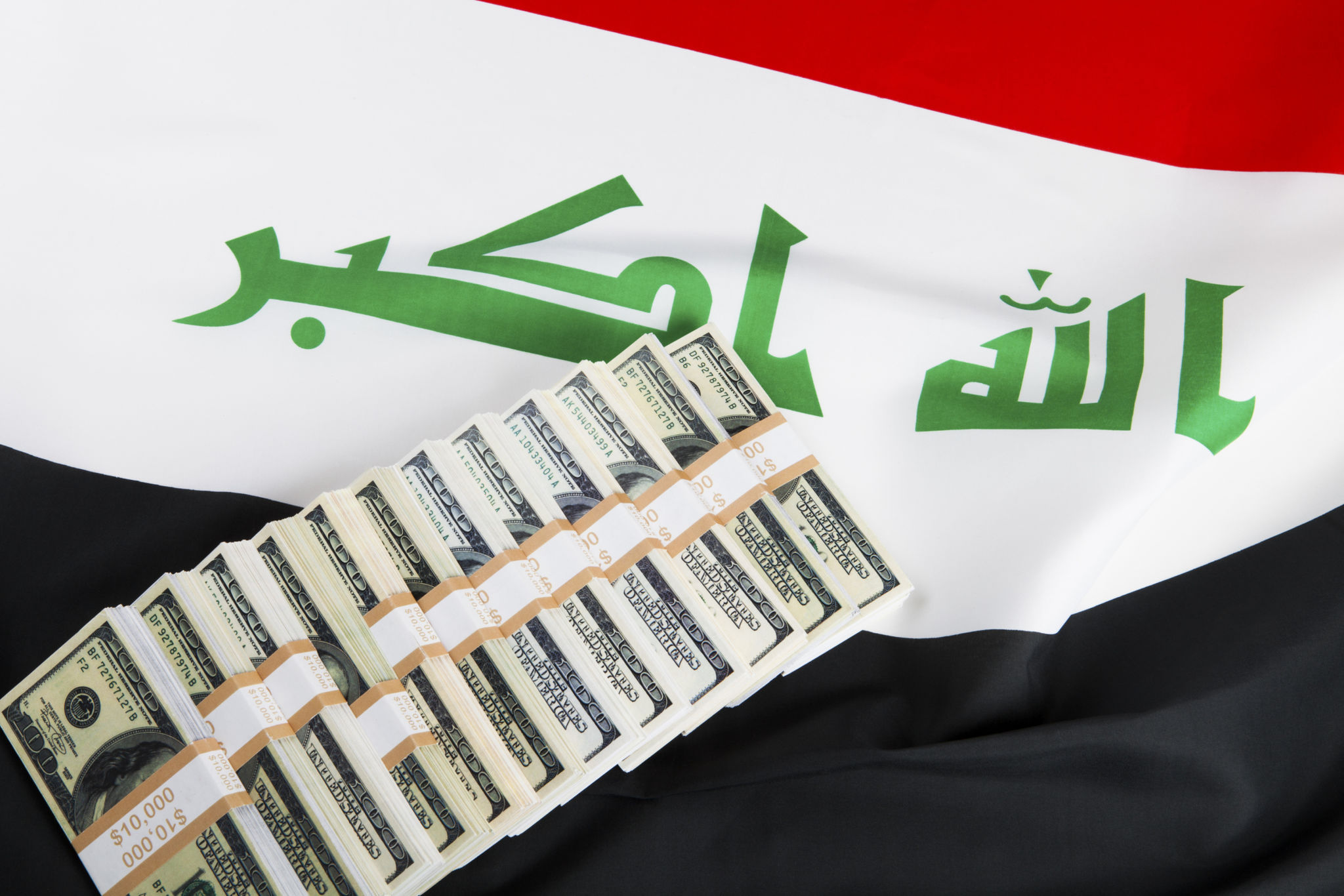Understanding Internet Coverage Challenges in Iraq: A Focus on Al-Diwaniyah
Introduction to Internet Coverage in Iraq
The digital landscape in Iraq has been evolving steadily, yet there are significant challenges that continue to impact internet coverage across the country. One area that exemplifies these challenges is Al-Diwaniyah, a city known for its historical significance and growing population. Understanding the internet coverage issues in Al-Diwaniyah provides insight into the broader challenges faced by Iraq in enhancing its digital infrastructure.
Internet connectivity is a crucial component for economic growth and social development. In regions like Al-Diwaniyah, the quest for reliable internet access is essential to bridge the digital divide and foster opportunities for education, business, and communication.

Infrastructure Limitations
The primary challenge affecting internet coverage in Al-Diwaniyah is the existing infrastructure. Much of Iraq’s telecommunications infrastructure was damaged during years of conflict, leaving many areas with outdated or inadequate facilities. This has resulted in inconsistent and unreliable internet service for residents.
Efforts to rebuild and modernize the infrastructure have been underway, but progress is slow. The need for substantial investment in fiber-optic networks and other modern technologies is critical to improve connectivity. As the demand for high-speed internet grows, so does the urgency for these upgrades.

Geographical Challenges
The geography of Al-Diwaniyah also poses challenges for internet coverage. The city’s urban areas may experience better connectivity compared to rural locations, where sparse populations and challenging terrains make it difficult to establish comprehensive network coverage. These geographical disparities contribute to the uneven distribution of internet services.
Economic Factors
Economic constraints further complicate the situation. The cost of deploying advanced technologies is a significant barrier, especially in economically disadvantaged regions. Many residents in Al-Diwaniyah face financial limitations, making it difficult for them to afford internet services even when available.
Pricing strategies need to be adapted to ensure affordability without compromising on service quality. Addressing these economic challenges is crucial to increasing internet penetration and usage across the city.

Regulatory and Policy Issues
Regulatory hurdles and policy issues also impact the expansion of internet services in Al-Diwaniyah. Bureaucratic processes can delay the implementation of new projects, while inconsistent regulations may deter investment from both domestic and international stakeholders. Streamlining these processes and establishing clear guidelines will be vital in overcoming this hurdle.
Community Initiatives and Solutions
Despite these challenges, there are initiatives underway aimed at improving internet access in Al-Diwaniyah. Community-driven projects, government partnerships, and collaborations with international organizations are all playing a role in enhancing the digital landscape.
For instance, local initiatives focusing on digital literacy and community Wi-Fi projects are helping to provide more residents with access to the internet. These efforts highlight the importance of collective action in tackling connectivity issues.

The Path Forward
To address the internet coverage challenges in Al-Diwaniyah, a multifaceted approach is required. This includes investing in modern infrastructure, fostering economic policies that support affordable access, and encouraging public-private partnerships. By taking these steps, Al-Diwaniyah can move towards a future where reliable internet is accessible to all its residents.
The journey toward comprehensive internet coverage is complex but achievable with sustained effort and collaboration. As Iraq continues to rebuild and develop its digital framework, addressing the specific needs of cities like Al-Diwaniyah will be crucial in creating a connected and prosperous future for all its citizens.
